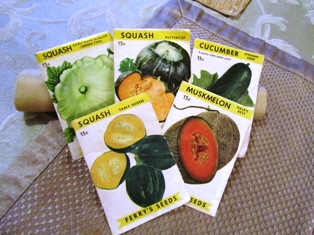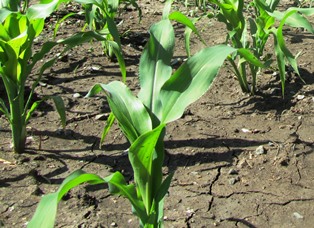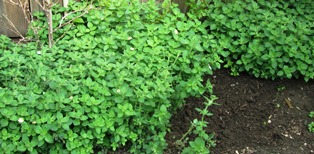Backyard Gardeners and Farmers Have a Choice
We gardeners and farmers have a choice when putting in our gardens, fields, and orchards. We can choose open-pollinated, heirloom seeds, hybrids seeds, or GMO seeds. I much prefer the old-fashioned way of seed-saving and sharing of open-pollinated, heirloom varieties.
On our farmette, we routinely save seed from plants we grow in one season and use them during another. We have picked apricots from our backyard trees, saved the seeds, and grown new trees that (this year) bore fruit.
We’ve exchanged seeds with our neighbors who also keep organic gardens and prefer open-pollinated seeds. Seeds that are hybrid and/or GMO usually are patented, meaning scientific companies or growers own those patents.
Open-pollinated seeds do not carry patents and remain available to all of us to plant and replant.
Gathering seeds from the plants one grows is how our grandparents did it. I go around plucking seed heads from cosmos, purple cone flower, and the hardened seeds of nasturtiums when the flowers have faded. I’ve taken cuttings of all my roses and have been given clips from friends and neighbor’s bushes and now plenty of roses to line walkways and fill a garden.
This year, an apricot tree that we started two years ago after we ate the fruit and planted its seed, bore beautiful cots that I turned into jam. I’ve got a bountiful crop of onions (red and yellow) and garlic and peppers this year from last year’s seed. The cycle goes on.
The acronym GMO stands for “genetically modified organism.” The phrase means that scientists have used recombinant DNA technology to create the seed. In some cases, the purpose is to create seeds with pesticides spliced into their DNA to repel pests.
Some gardeners see this process by chemists, scientists, and researchers working of large petro-chemical companies as a dangerous venture into biological processes that have a long evolutionary history. Further, the concern encompasses the potential negative ramifications of genetically engineering a plant–what farmer wants to handle seed (much less eat the plant) that has warning labels about pesticides integrated into the seeds?
If gardeners stick with open-pollinated seeds and participate in seed saving and sharing, together we can ensure our Earth’s biodiversity continues. The other prospect is scary. Many species and cultivars of plants are no longer available. They are no longer being grown. Some have become extinct.
Letting a Plant Go to Seed
Some lettuces, basil, and Greek oregano have spontaneously appeared in my garden. No surprise in that since I let some of my herbs and vegetables go to seed last year.
We used the rototiller on the garden area twice before planting this year. By the time we turned the soil, the vegetables and herbs I had planted last year were a memory. That said, some certainly did re-seed and the evidence of that are the new plants popping up where I didn’t plant them this year.
Open-pollinated vegetable and herb seeds, well tended (meaning, meeting the seed needs of light, water, and good soil), will go through the cycle of sprouting, pushing up through the earth, blooming, bearing, and dying. If you let your plant go to seed and the wind broadcasts the seed or it drops, you will likely (in the case of oregano, basil, chives, and other herbs and some vegetables) get new offspring.
The plant that the mother seed produced will also yield seed (and if you are smart and save some), that seed will repeat the same cycle and the vegetable will also be a true likeness of the original seed. Everything starts with the integrity of the seed.
This is why open-pollinated (OP) seed continue to perform in the same way their ancestors have for hundreds, even thousands of years. And nature’s plant cycles make that possible.
 Facebook
Facebook Goodreads
Goodreads LinkedIn
LinkedIn Meera Lester
Meera Lester Twitter
Twitter





